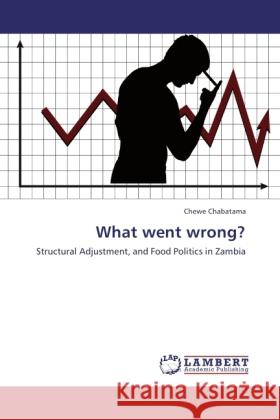What went wrong? » książka
What went wrong?
ISBN-13: 9783846528730 / Angielski / Miękka / 116 str.
This book grapples with the hypothesis that the Structural Adjustment Program the Zambian government implemented, in collaboration with the International Monetary Fund and World Bank, compounded the food crisis and poverty in Zambia between 1992 and 2002. The withdrawal of state involvement from agriculture and related reduction in funding to the sector were the major factors that worsened the country's food problems. Agriculture collapsed, poverty and food insecurity ravaged the urban populations and the rural areas started to degenerate. To demonstrate what went wrong in Zambia, the book investigates the impact of agricultural liberalization on commercial and peasant farmers, and their consequent reactions. The privatization and liquidation of quasi-government corporations, as part of structural adjustment, led to massive retrenchment of workers. This compounded poverty and hunger for many urban households. The vulnerable urban and rural households adopted a myriad of coping strategies in their quest for survival. I examine the ramifications of Structural Adjustment on agriculture in a case study of the rural Mkushi district and the urban Lusaka district.











